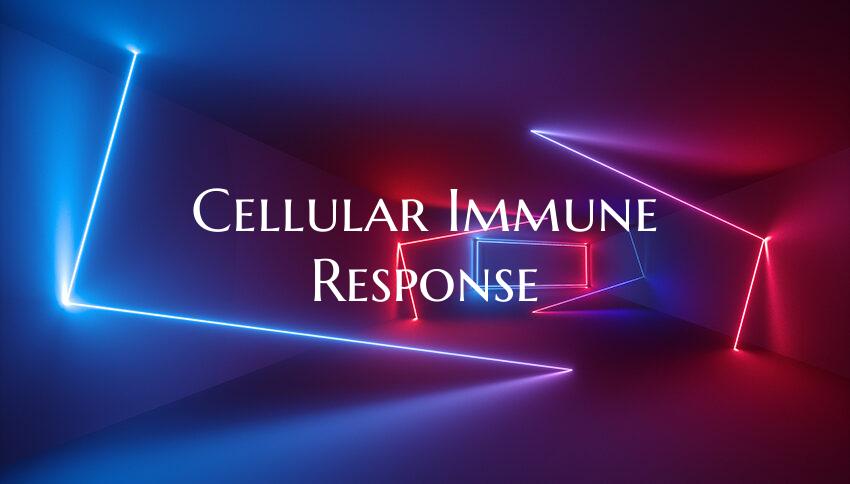Cellular Immune Response
The cellular immune response is a crucial part of the body's defense mechanisms against pathogens, viruses, and other foreign invaders. This sophisticated system involves a coordinated effort among different types of immune cells to identify, target, and eliminate threats to the body.
At the forefront of the cellular immune response are T cells, a type of white blood cell that plays a central role in orchestrating the body's defense. When a pathogen enters the body, specialized cells called antigen-presenting cells (APCs) engulf and digest the invader. They then display fragments of the pathogen, known as antigens, on their surface.
T cells, which have unique receptors capable of recognizing specific antigens, scan the surface of APCs for these antigen fragments. When a T cell encounters the appropriate antigen that matches its receptor, it becomes activated and begins to multiply rapidly. This process is essential for mounting a robust immune response against the invading pathogen.
Activated T cells have diverse functions in the immune response. Cytotoxic T cells, for example, directly attack infected cells by releasing toxic chemicals that induce cell death. Helper T cells, on the other hand, assist in the activation of other immune cells and coordinate the overall immune response. Regulatory T cells help prevent immune overactivity and maintain immune system balance.
Another important player in the cellular immune response is natural killer (NK) cells. NK cells are capable of detecting and destroying abnormal cells, such as virus-infected cells or cancer cells, without the need for prior activation or recognition of specific antigens. This rapid response mechanism makes NK cells critical for early defense against a broad range of threats.
In addition to T cells and NK cells, other immune cells, such as macrophages and dendritic cells, contribute to the cellular immune response by phagocytizing pathogens, secreting signaling molecules to activate other immune cells, and forming memory responses for long-term protection.
Overall, the cellular immune response is a complex and highly coordinated process that plays a vital role in protecting the body from infections and diseases. Understanding how different immune cells interact and function together provides valuable insights into the development of new therapies and vaccines to enhance immune responses and combat various health challenges.

